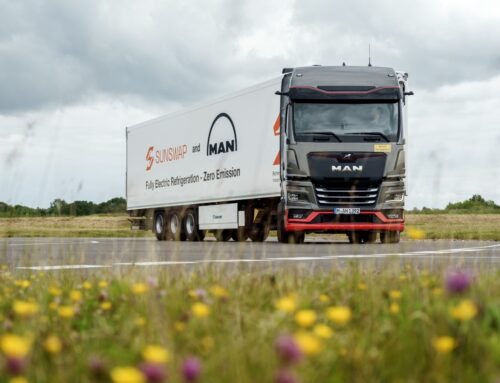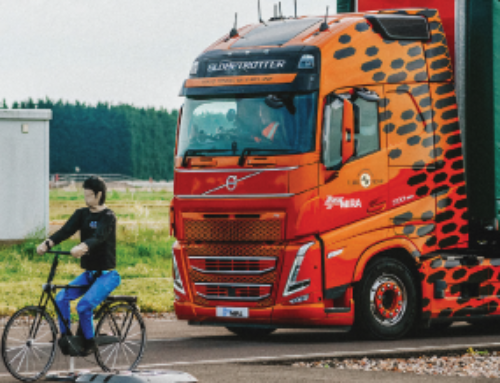Industry reacts to spring budget announcements
 Transport sector trade associations and commentators welcomed key measures from chancellor Jeremy Hunt’s spring budget this month, including a continued freeze on fuel duty, while also identifying areas in which the Treasury could have gone further to support CV operators and the shift to decarbonisation.
Transport sector trade associations and commentators welcomed key measures from chancellor Jeremy Hunt’s spring budget this month, including a continued freeze on fuel duty, while also identifying areas in which the Treasury could have gone further to support CV operators and the shift to decarbonisation.
Kevin Green, director of policy at Logistics UK, said the extension to the 5p per litre cut announced by Mr Hunt was good news for the logistics sector in the context of increasing cost pressures for the industry as a result of rising wages and fuel bills.
“An increase in operating costs at this time caused by the reversal of the fuel duty cut could have caused disastrous inflationary pressure on the economy,” said Mr Green. “Maintaining the fuel duty cut will provide logistics businesses with more certainty as they drive the transition to a greener economy.”
The Road Haulage Association (RHA) said: “Continuing the freeze on fuel duty and maintaining the 5p cut for a further 12 months will help firms deal with economic challenges,” adding: “The decision to extend full expensing to leased vehicles and assets should prove a significant support to hauliers and coach operators, particularly those affected by higher interest rates. We are delighted the chancellor has listened to our calls to extend this opportunity to more commercial vehicle operators.”
The association also praised the increase in the VAT registration threshold, and the extension of the Growth Guarantee Scheme (formerly the Recovery Loan Scheme) to the end of March 2026 – measures which it said would help small and medium businesses. However, it expressed disappointment at what it said was a “missed opportunity” to provide operators with direct, short-term support.
“With record numbers of haulage firms collapsing last year and the trend continuing, many operators were hoping for a temporary suspension of the HGV levy and vehicle excise duty on HGVs, as well as incentives for the takeup of alternative fuels which can drastically reduce tailpipe emissions,” it said.
David Bushnell, director of consultancy and strategy at fleet management solutions provider Fleet Operations, also welcomed the “financial reprieve” of the fuel duty freeze, which came in the wake of February’s largest monthly rise in fuel prices in five months.
“However… it is important to highlight that while this measure aids financial planning, it does little to advance the broader objective of transitioning to more sustainable modes of transport,” he added. “The long overdue promise of making full expensing apply to leased assets will help support investment into low and zero emission commercial vehicles, but the government has missed a crucial opportunity to encourage electric vehicle (EV) adoption, especially electric vans, by failing to reduce the VAT rate on public charging.
“The cost of running EV fleets, particularly those that rely on public charging stations, remains a significant barrier to adoption. A reduction in VAT on public charging could have served as a strong incentive for fleet operators to accelerate their shift to electrification, aligning with the UK’s ambitious environmental targets.”
The concerns around a lack of incentives for fleet electrification were echoed by Barney Goffer, UK product manager at telematics specialist Teletrac Navman UK.
“The lack of reduction on VAT for public EV charging points was a surprise; this will have a particular impact on smaller fleets who rely on public charging for their operation,” he said. “So while they’ve made the commendable step to decarbonise their fleet, they’re being stung in other areas of expenditure. Additionally, it would have been good to see more incentives introduced for medium to large fleets, to help them scale up their transition and reach their targets quicker. Switching vehicles and installing on-site charging infrastructure are big investments and without government incentives to help scale them up, businesses are likely to struggle to make the switch.”










